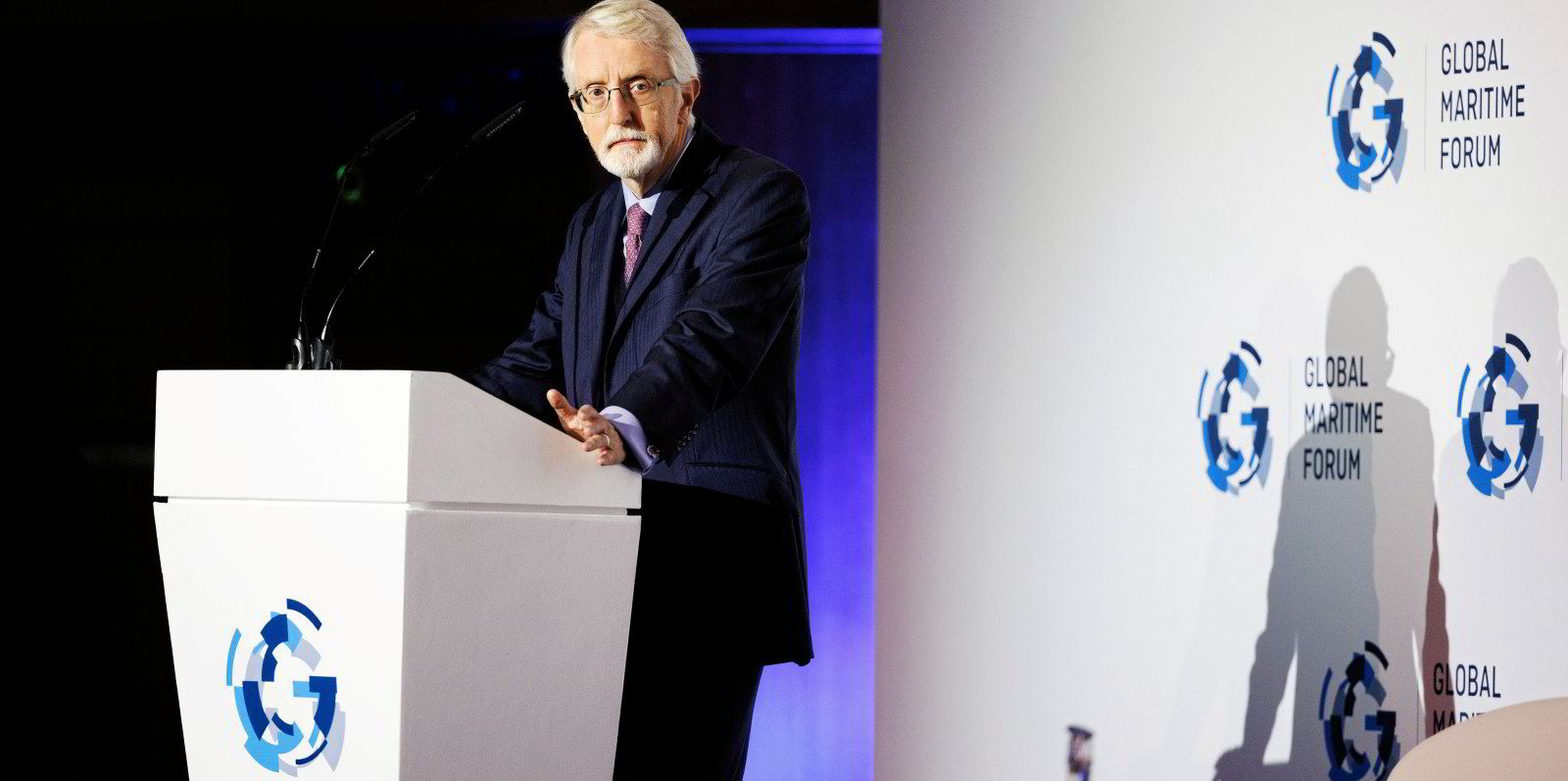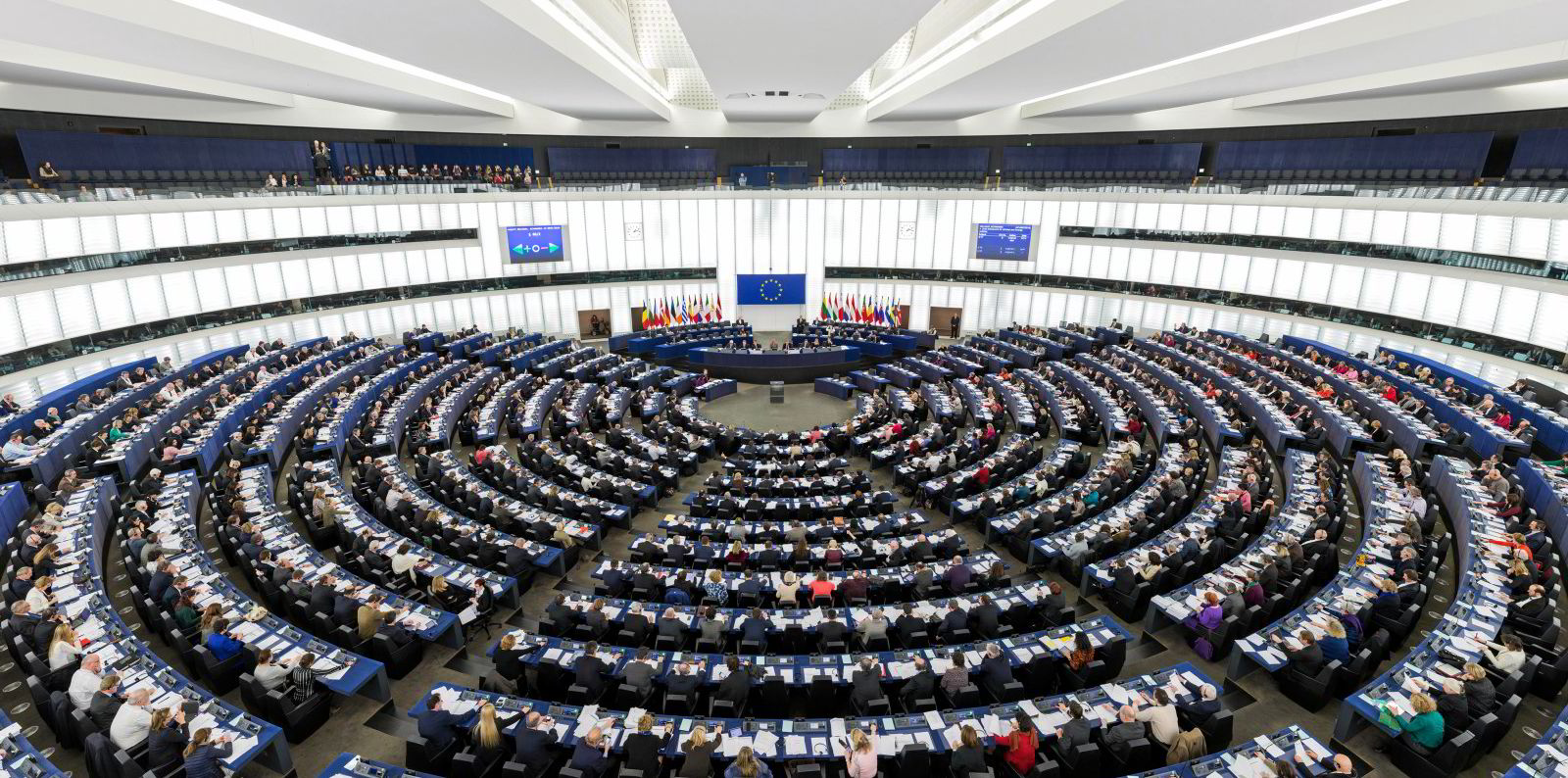A report by the Getting to Zero Coalition into policy options to close the gap between fossil and zero-emission fuel costs calculates that revenues raised from a carbon price could cover the estimated bill for building global infrastructure for delivering alternative fuels to shipping.
Between $53bn to $105bn per year could be raised from recycling revenues from a carbon price aimed at cutting shipping's carbon emissions by 50% by 2050, the Closing the Gap report said.
These levels of revenue would amount to $1trn to $1.4trn — sufficient to cover previously estimated costs of building a global infrastructure to deliver alternative fuels for 50% of shipping, according to the report based on analysis by maritime consultancy UMAS.
A briefing extract based on the report was reported by TradeWinds in November, which set out that the carbon price would need to average $173 per tonne of CO2 to achieve the 50% target currently set by the International Maritime Organization.
It said carbon pricing could start at just $11 per tonne when introduced in 2025 and then be ramped up to about $100 per tonne in the early 2030s, at which point emissions would start to decline. It might need to increase to a maximum of about $264 per tonne.
But the report also argues that a 100% cut in emissions by 2050 would not be very much more expensive in terms of carbon pricing.
"For a 2050 target of full decarbonisation (-100% scenario), the average carbon price would only need to be slightly higher: around $191 per tonne of CO2," the paper said, rising to a maximum of $360 per tonne.
Around $1.4trn to $1.9trn in total investment costs — that is $400-$500m more — might be required to fully decarbonise shipping by 2050. And the report said revenues collected from a carbon price targeted at a 100% cut would on average range between $41bn and $81bn per year — totalling between $1trn and $2trn.
The report outlines a potential policy route forward around a package adopting a global market based measure (MBM) capable of generating significant revenue — in other words a carbon price that incentivises emissions reductions and investments into readily available mitigation options.
It said the MBM should be combined with an effective and fair use of revenue recycling to drive both demand and supply of zero-emission fuels whilst also supporting an equitable transition that addressed any disproportionately negative impacts on states.
Policies should also use a direct command-and-control measure such as a fuel mandate in the long term to send an unequivocal signal to the market that a fuel transition will take place alongside other national and regional policies that can ensure the transition of domestic fleets in synergy with global IMO-driven policy.
MBM policies could include taxes and levies, an emissions trading system and or subsidies. The report, also on behalf of the Global Maritime Forum, Friends of Ocean Action and World Economic Forum, discusses pros and cons of all three options.






